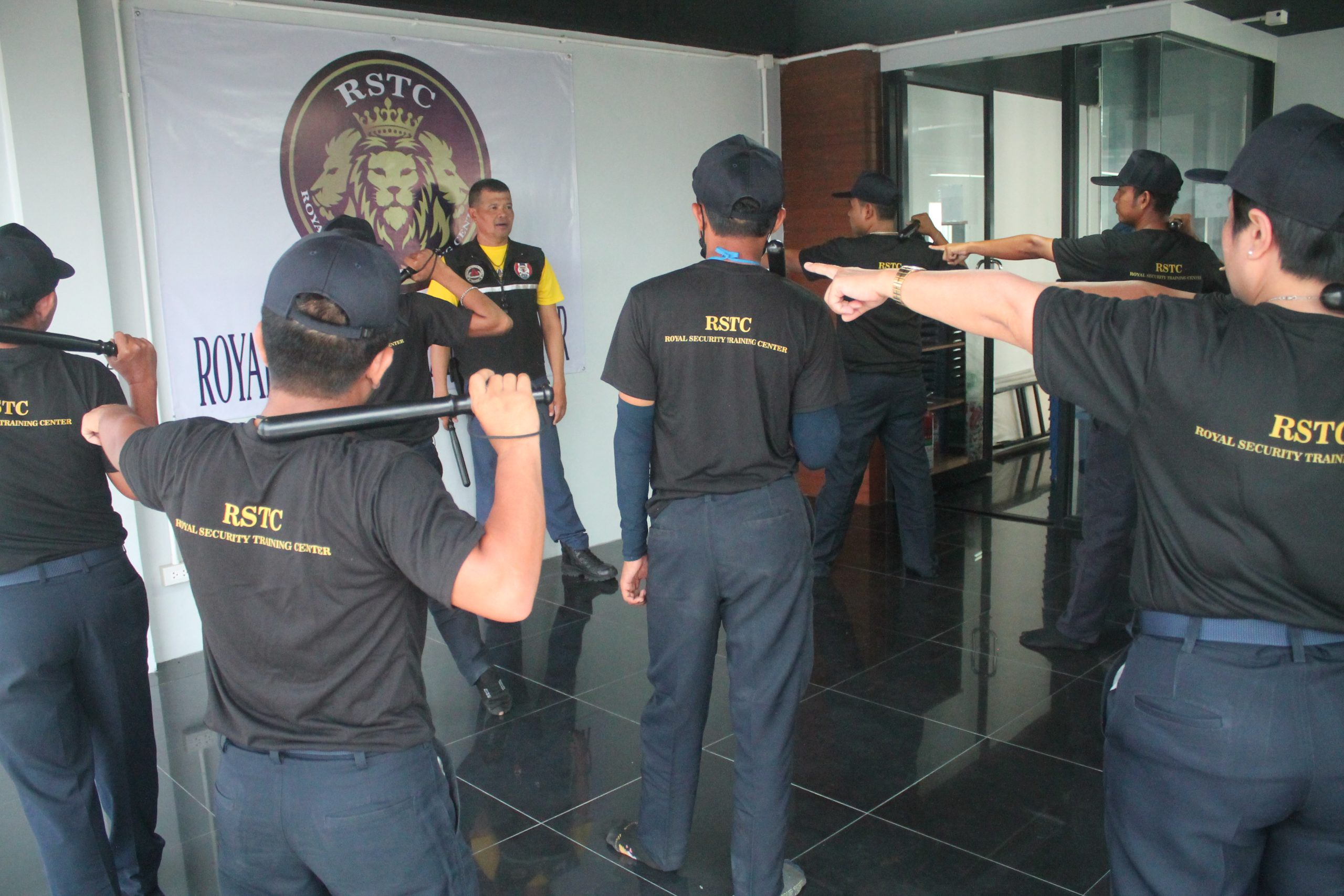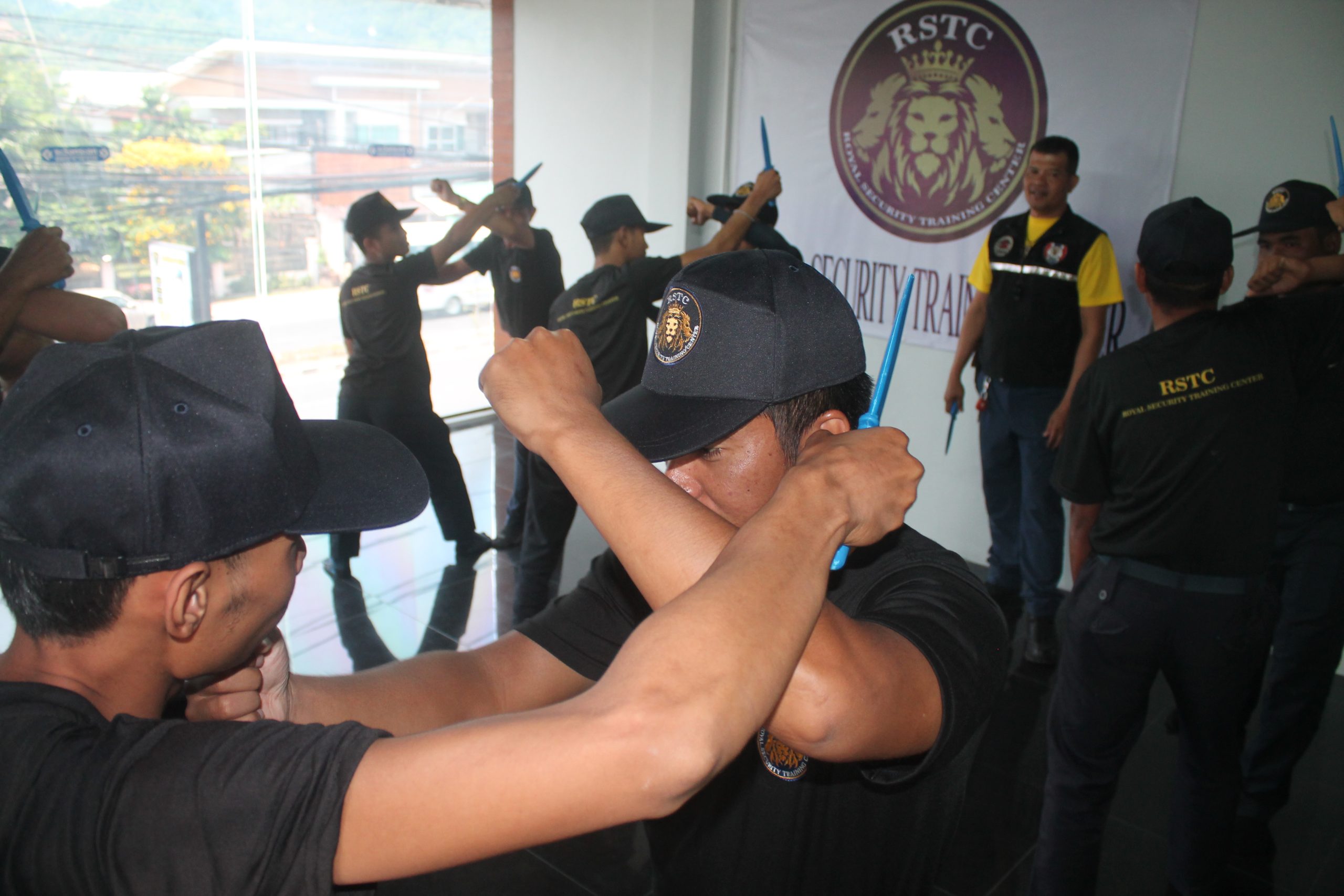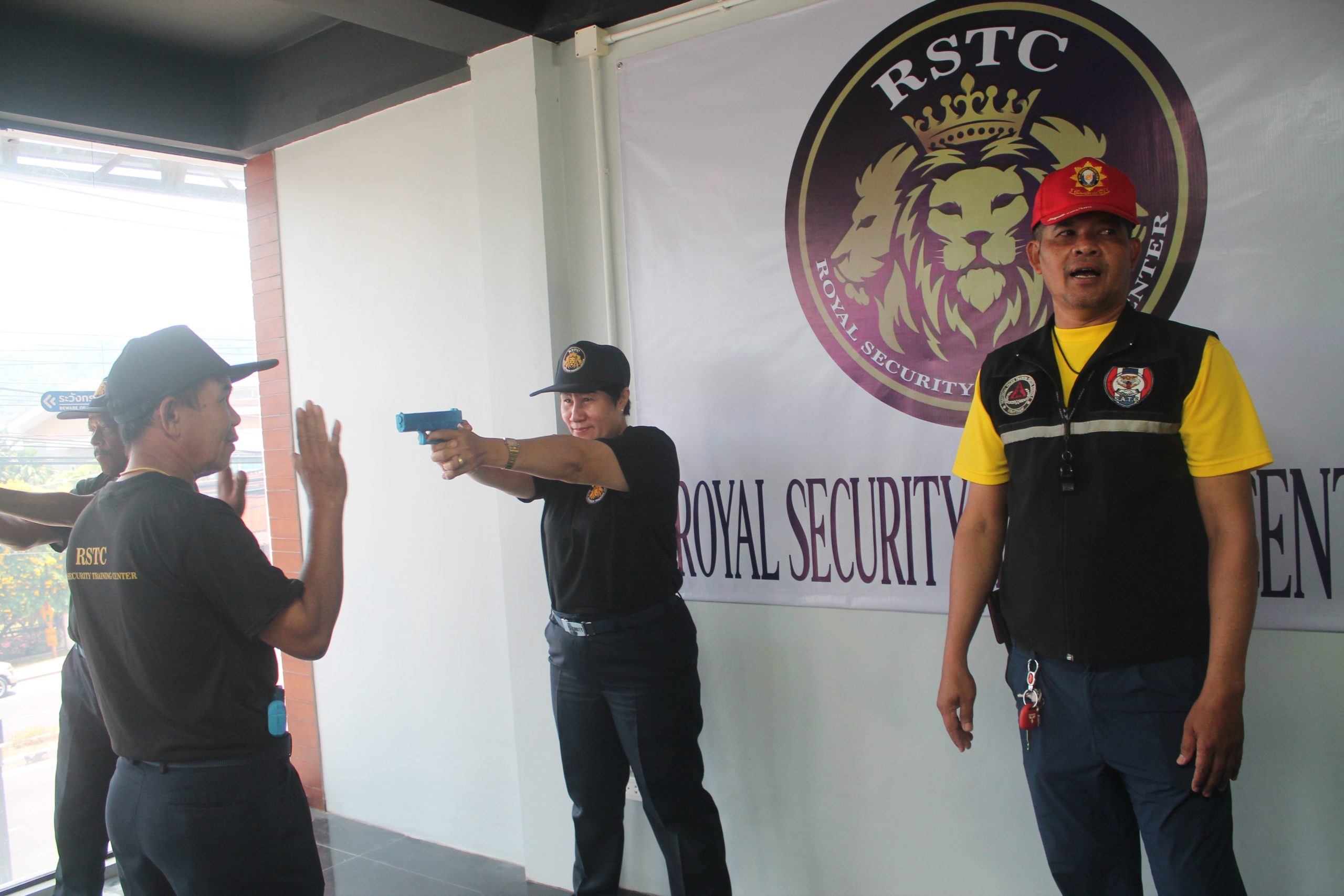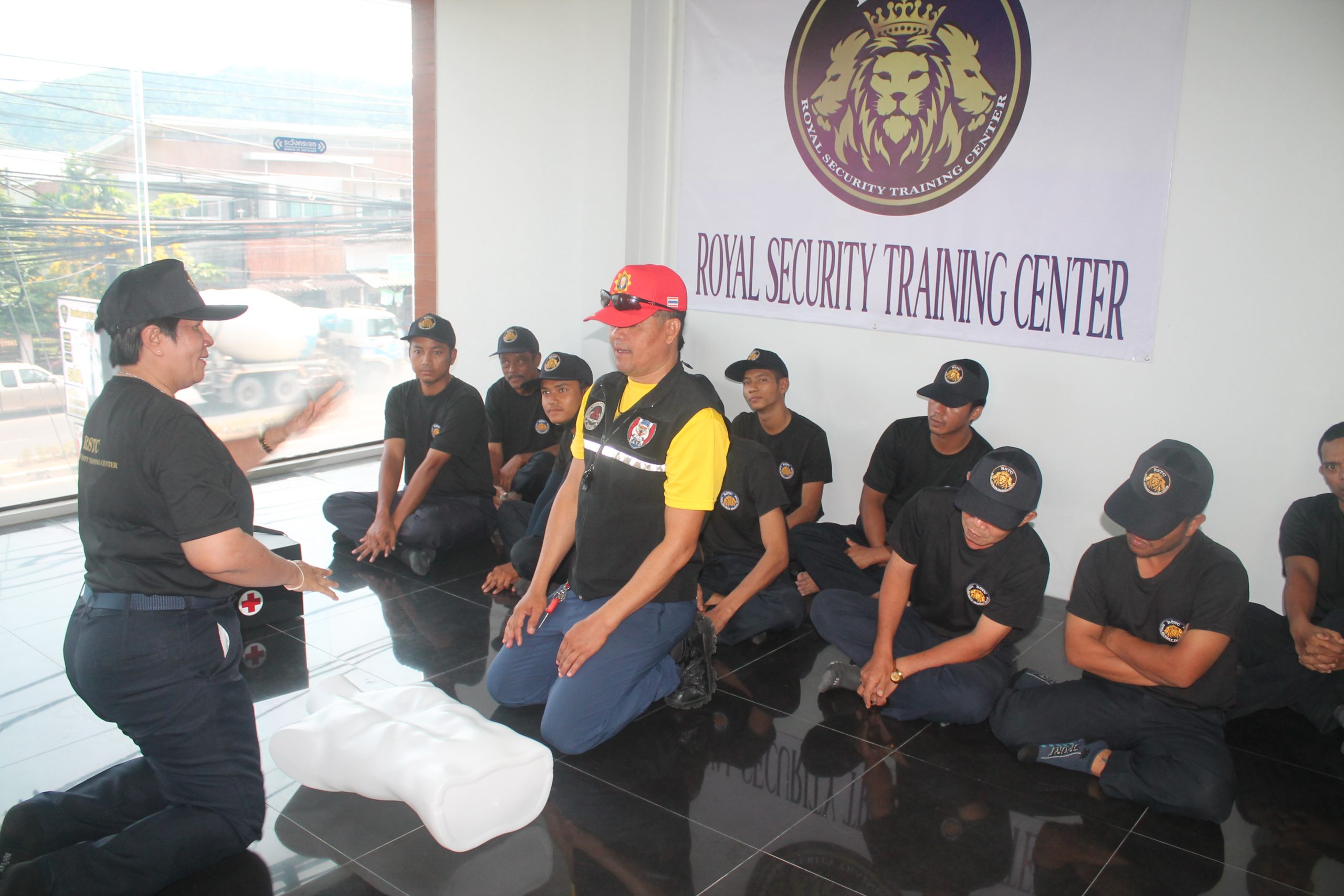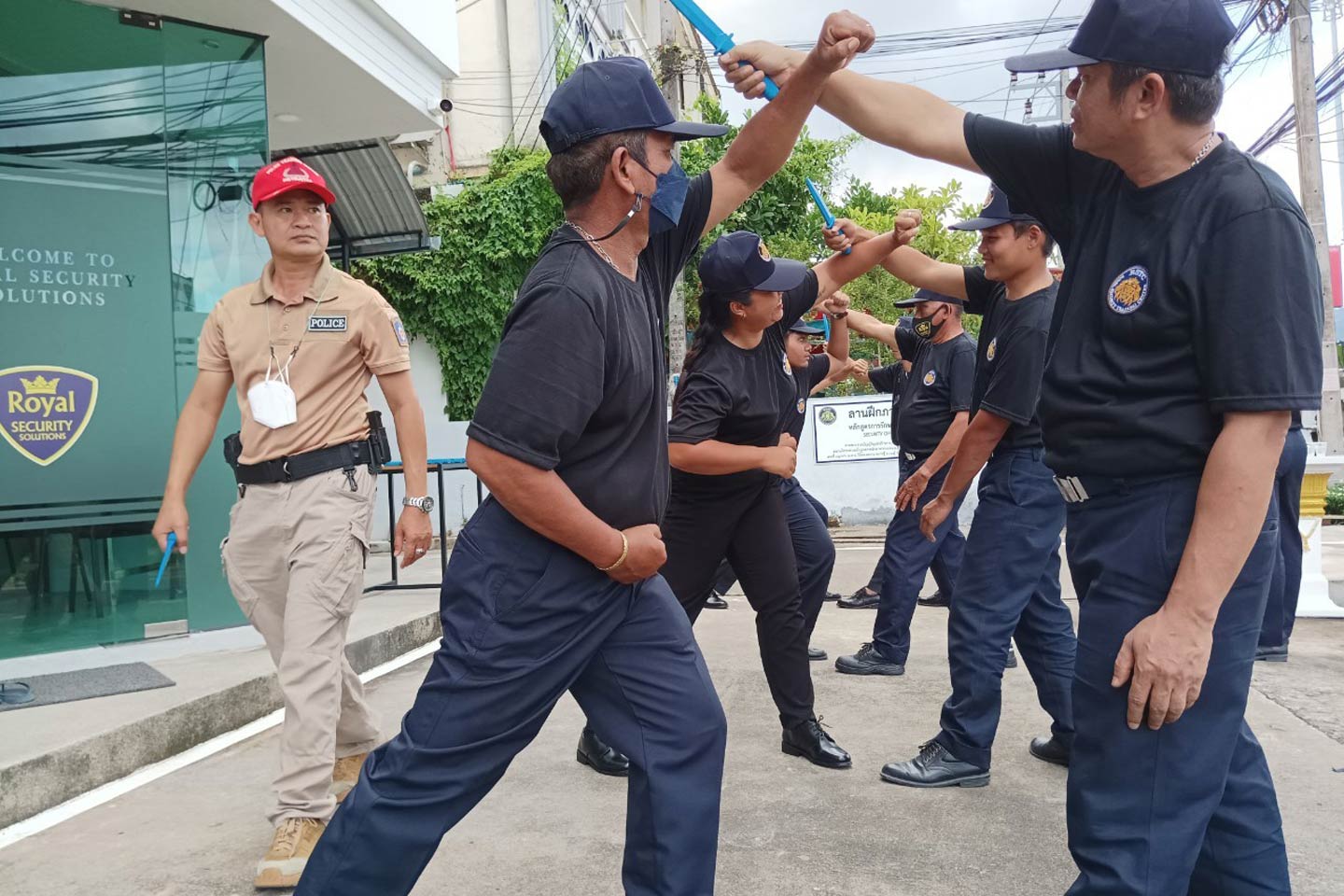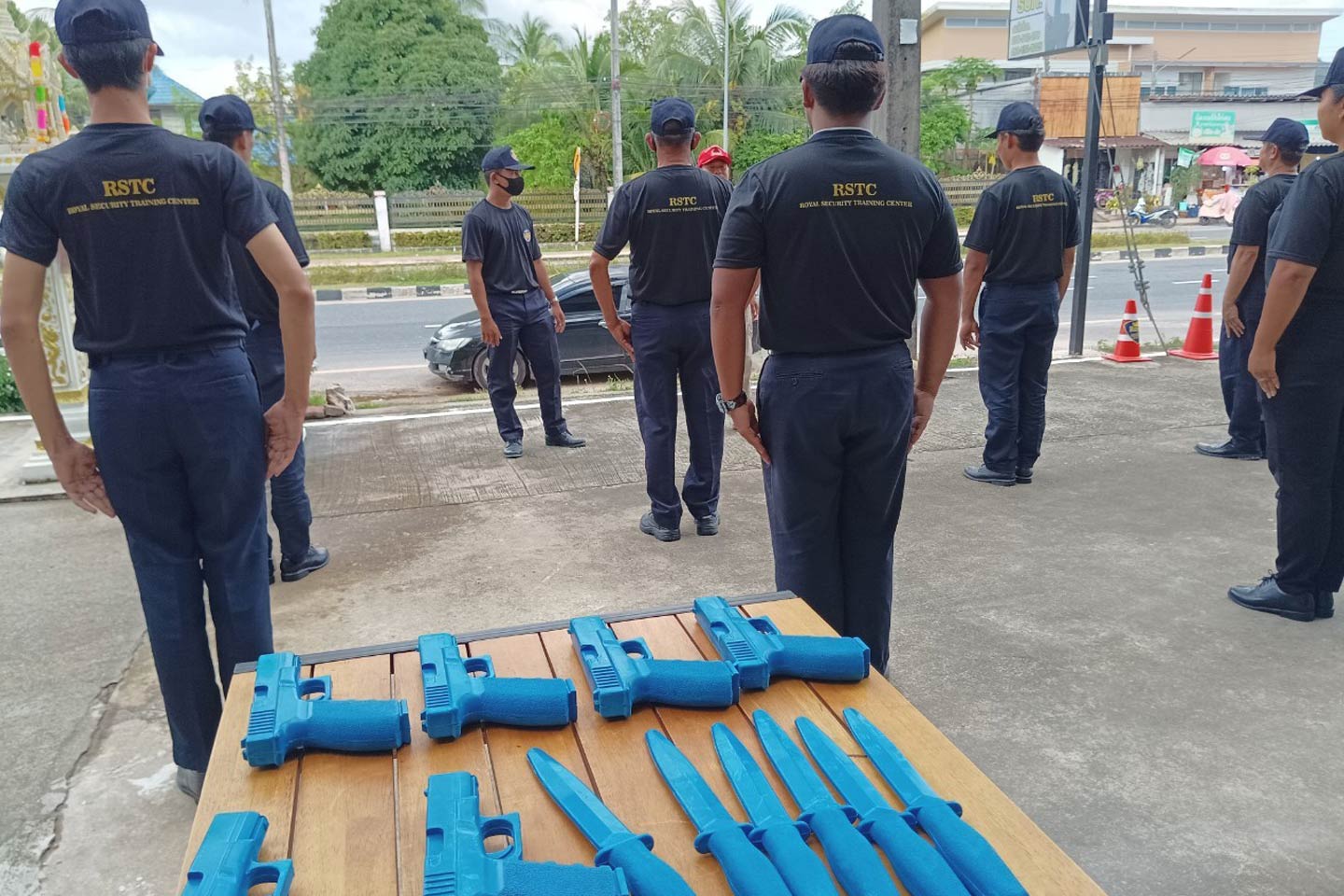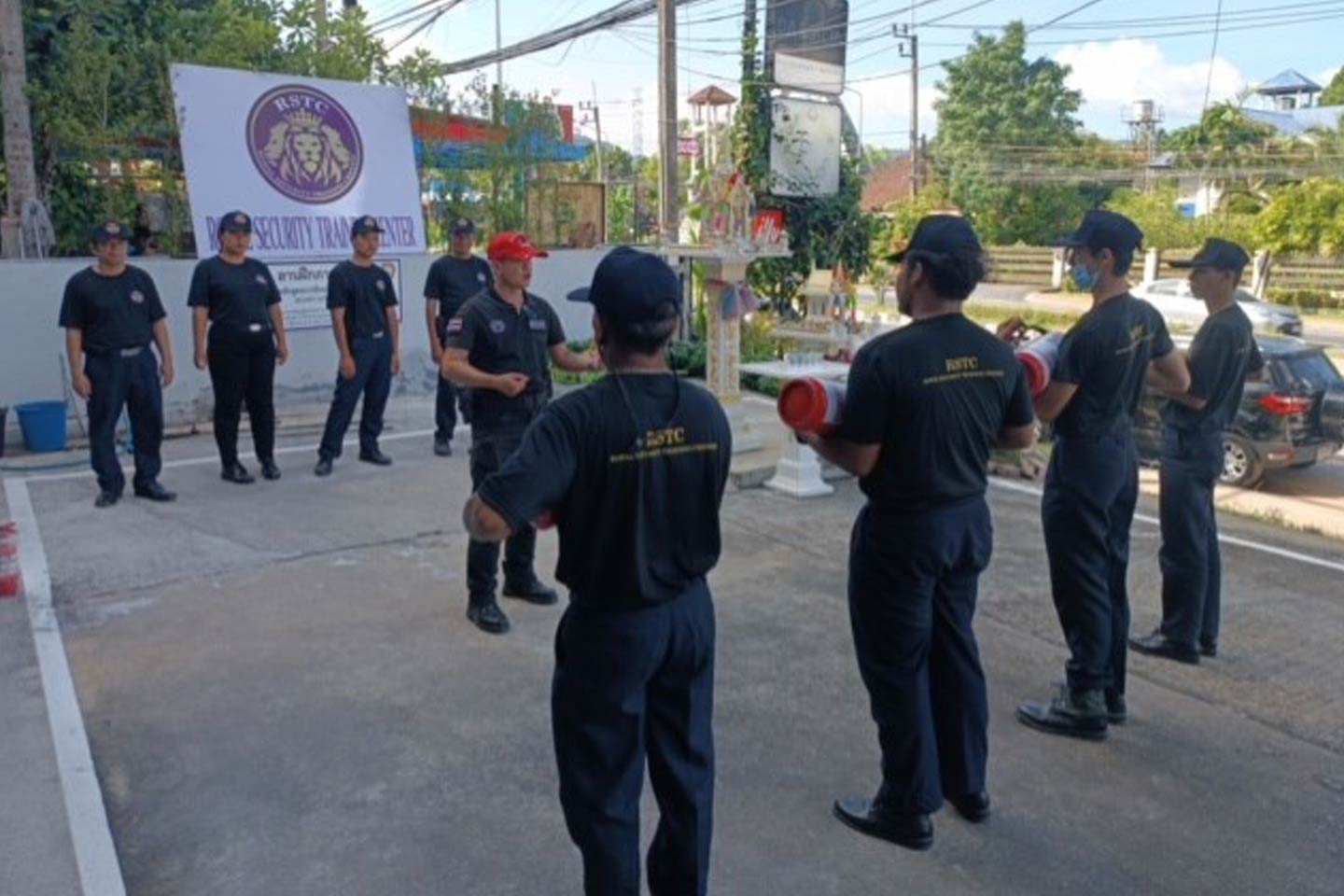Congratulations to the esteemed members of class RSTC001A of the Royal Security Training Center for successfully completing our government-regulated training program. You are now officially certified and trained professionals in the field of security personnel.
Royal Security Training Center is a leading provider of security guard training in the country. Our government-regulated training program equips aspiring security professionals with the skills and knowledge needed to become competent and effective security guards. The training program is designed to provide comprehensive theoretical and practical training to prepare individuals for the challenges of the job.
Introduction to the Security Industry: The training program begins with an introduction to the security industry, where participants learn the basic concepts of the security industry. This includes the roles and responsibilities of security guards, legal and ethical considerations, and the importance of professionalism and customer service. The module also covers the history of the security industry, the types of security jobs available, and the future of the industry. Participants will learn about the different types of security guards, such as unarmed guards, armed guards, and executive protection agents.
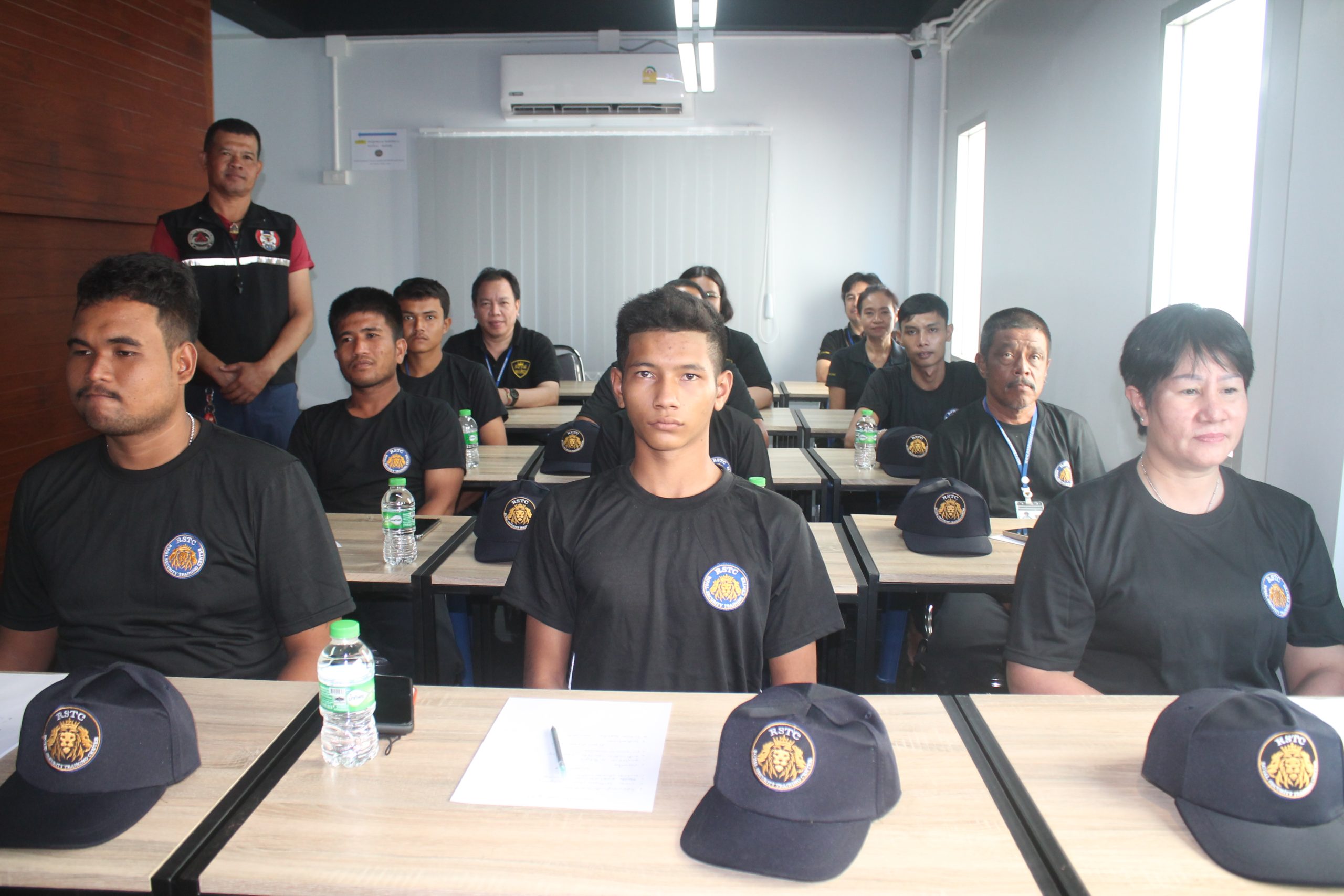
Legal Aspects of Security: The legal aspects of security are crucial for security professionals to make informed decisions and act within the confines of the law. The module covers the laws and regulations that govern the security industry. Participants learn about criminal law, civil law, and contract law, which includes arrest procedures, use of force, liability issues, and privacy rights. Understanding legal aspects is crucial for security professionals to make informed decisions and act within the confines of the law. The module also covers the importance of documentation, evidence gathering, and court testimony.
Patrol Procedures: Patrol procedures are an essential aspect of the security guard’s job. The module covers the techniques and procedures used by security guards to patrol and monitor a property or location. Participants learn about perimeter control, access control, alarm systems, and emergency response. The module emphasizes the importance of vigilance and proactive monitoring to ensure safety and security. The module also covers the use of technology, such as surveillance cameras and access control systems, to enhance security.
Communication and Reporting: Effective communication is crucial in the security industry. The module emphasizes the importance of effective communication, including verbal and nonverbal communication skills, conflict resolution, and report writing. Participants learn how to communicate effectively with the public, coworkers, and law enforcement officials. The module also covers the importance of accurate and timely reporting of incidents, accidents, and emergencies.
Emergency Response: Security guards must be prepared to respond to emergencies on the job. The module covers the procedures and protocols for responding to emergencies. Participants learn about responding to medical emergencies, fires, natural disasters, and security incidents. The training emphasizes evacuation procedures, first aid, and communication with emergency services. The module also covers the importance of having an emergency response plan and conducting regular emergency drills.
Medical Training: Medical emergencies can occur on the job, and security guards must be prepared to respond. This module covers basic first aid and CPR techniques, including assessing the situation, identifying and responding to common medical emergencies, and administering basic life support measures. Participants will also learn about the importance of maintaining first aid and emergency supplies.
Fire Prevention: Fire safety is critical in any security job. The module covers fire safety and prevention techniques, including identifying fire hazards, using fire extinguishers, and implementing fire safety plans. Participants learn how to identify fire hazards and take steps to prevent fires from occurring. The module also covers the importance of regular fire safety inspections and drills.
Classroom Training: Classroom training covers the theoretical aspects of security guard work, including communication skills, legal considerations, and security procedures. This training may include lectures, presentations, and interactive activities. The module provides participants with the theoretical knowledge and understanding required to perform their duties effectively. The module also covers the importance of ongoing training and professional development to maintain competence and effectiveness in the job.
Self Defense Training: Security guards may encounter dangerous situations that require self-defense techniques. This module covers basic self-defense techniques, including situational awareness, verbal de-escalation, and physical defense techniques.
